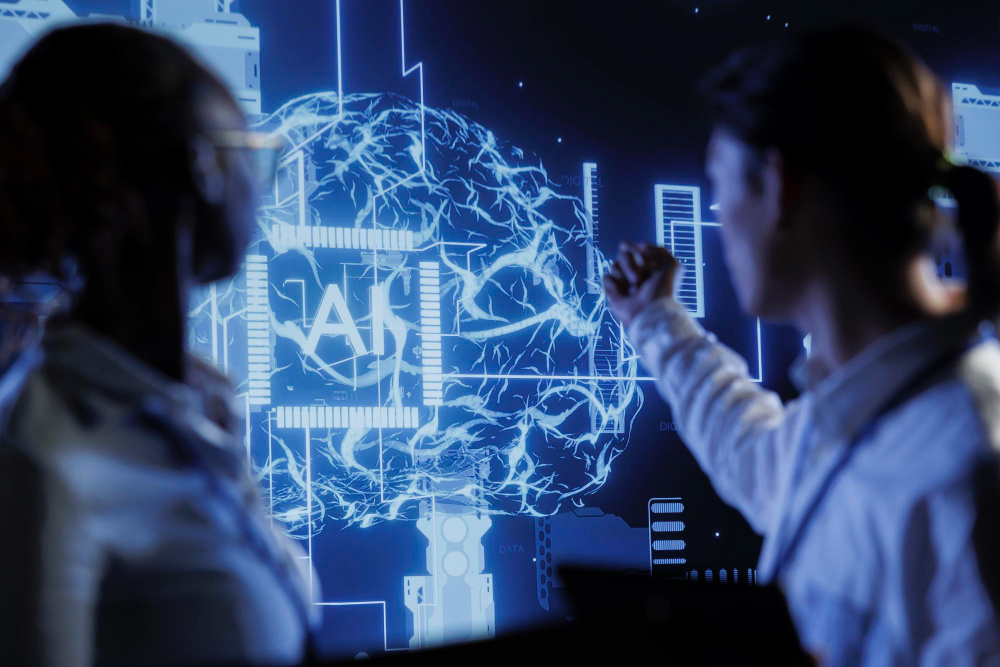A new ethical framework for the development and use of AI technologies has been adopted by Uzbekistan.
The rules, prepared by the Ministry of Digital Technologies, establish unified standards for developers, implementing organisations and users of AI systems, ensuring AI respects human rights, privacy and societal trust.
A framework that is part of presidential decrees and resolutions aimed at advancing AI innovation across the country. It also emphasises legality, transparency, fairness, accountability, and continuous human oversight.
AI systems must avoid discrimination based on gender, nationality, religion, language or social origin.
Developers are required to ensure algorithmic clarity, assess risks and bias in advance, and prevent AI from causing harm to individuals, society, the state or the environment.
Users of AI systems must comply with legislation, safeguard personal data, and operate technologies responsibly. Any harm caused during AI development or deployment carries legal liability.
The Ministry of Digital Technologies will oversee standards, address ethical concerns, foster industry cooperation, and improve digital literacy across Uzbekistan.
An initiative that aligns with broader efforts to prepare Uzbekistan for AI adoption in healthcare, education, transport, space, and other sectors.
By establishing clear ethical principles, the country aims to strengthen trust in AI applications and ensure responsible and secure use nationwide.
Would you like to learn more about AI, tech and digital diplomacy? If so, ask our Diplo chatbot!









